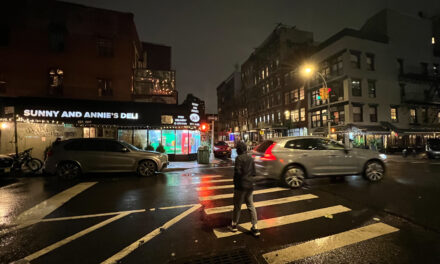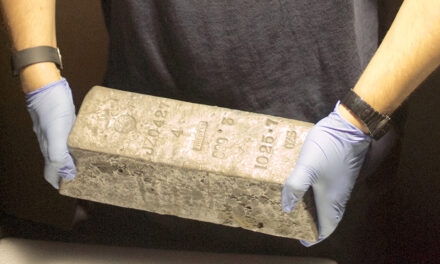When I was 18, and working as a software developer in at Proximity in Florida, I once went to lunch with a co-worker and saw something strange in her car.
Theresa had a new car, a cute little blue Honda. In the dashboard radio was a cassette tape of music labeled in large writing “DO NOT THIEF!!!”
I asked her what it meant, and her first answer wasn’t helpful. “It means I don’t want anyone to take it.”
I was confused. If someone breaks into a car, they steal money or electronics, not someone’s music. And what criminal will be deterred by a “do not steal” message?
“You don’t understand,” she offered, “my husband is Jamaican.” She was right I didn’t understand.
“Their culture isn’t like ours. It’s a tight community, all the Jamaicans around here know each other. They’re mostly immigrants, and they share everything.”
I still didn’t understand.
“If one of them sees something they like, and it belongs to another Jamaican, they just take it. Well, borrow it. They say ‘thief’, but that word doesn’t mean the same thing to them. They’ll give it back.”
This still seemed impossible to me. I struggled to even find the right question. “So you’re saying they all take things from each other, without asking, but if you write ‘do not thief’ then they’ll respect that?”
“Exactly,” she answered, pulling up to a red light with a sideways smile and a cheerful slap on the steering wheel. “If you ask to borrow something, you’re insulting the other person. Everyone’s supposed to share, so if you ask then you’re accusing the other person of being selfish. Asking is rude. For them, it’s more polite to just borrow what you like and give it back later.”
I understood the expansive view of politeness, but when I asked about how big the lending could get, Theresa surprised me. “Well, last year my husband bought a new motorcycle. Someone borrowed it a few days later, and didn’t return it for weeks. He was pretty upset since he barely had a chance to ride it first. That wasn’t really nice of the other guy.”
As I tried to wrap my head around the idea of a whole culture running this way, she added, “But I really like this music, and I’d be sad if someone took it – especially since they might pass it around to friends and I might never even know who to ask to get it back. That’s why I wrote on it. They’re not thieves, and they won’t take something I care about.”






An interesting story! I wasn’t aware of that aspect of Jamaican culture
Fascinating. Not sure if I would love or hate that cultural peculiarity.
I know, right?! Personally I would have some trouble with this. Also, I can’t vouch for the accuracy. Maybe it was specific to that one group of immigrants. Or maybe her husband’s friends just liked taking advantage of him. I really have no idea.